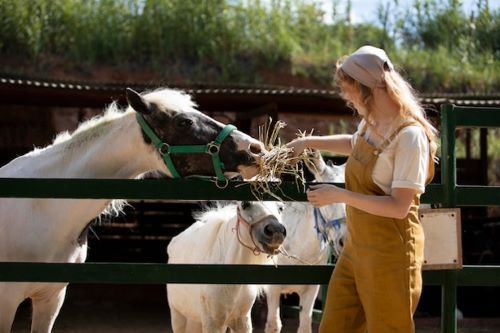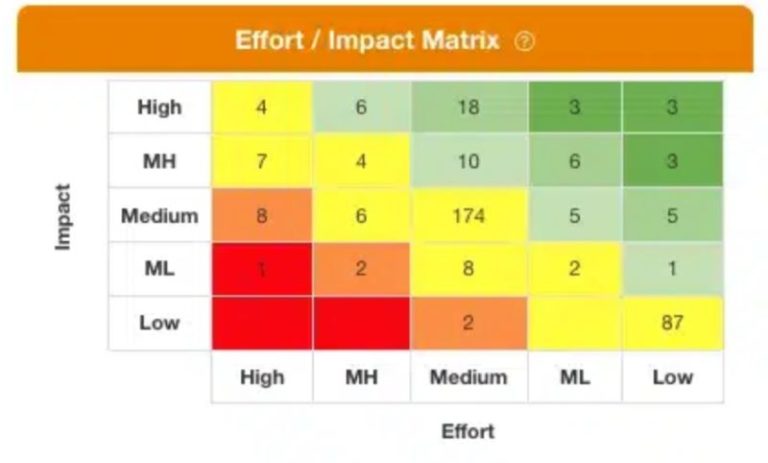

Proper maintenance of a horse farm is essential to ensure the health and safety of your horses while preserving the value of your investment. With a population of over 60,000, Ocala is a thriving community known as the “Horse Capital of the World.” The equine industry significantly contributes to the local economy, with over 1,200 horse farms covering more than 77,000 acres and adding to its vibrancy.
The horse industry in Ocala generates approximately $2.6 billion annually, underscoring its economic significance. When looking at farms for sale in Ocala, it’s crucial to know the maintenance tasks that keep a horse property in top condition. This guide gives essential tips for maintaining your horse farm, ensuring it remains a safe and efficient environment for your equine companions.
❖ Regular Fence Inspection and Repair
Fences are crucial for the safety of your horses. Inspect fences regularly for damage, loose posts, and broken rails. Repair any issues immediately to prevent horses from escaping or getting injured. On average, wooden fences require maintenance every 2-3 years, while electric fences need more frequent checks.
❖ Pasture Management
Healthy pastures provide essential nutrition and reduce costs by eliminating the need to buy feed. Rotate grazing areas to prevent overgrazing and allow grass to recover. Soil testing every few years can help determine nutritional content, ensuring optimal grass growth. According to the American Forage and Grassland Council, rotational grazing can increase pasture productivity by up to 30%.
❖ Barn and Stall Maintenance
Clean stalls daily to maintain hygiene and prevent health issues such as respiratory problems and hoof diseases. Ensure proper ventilation to keep the barn’s environment healthy. Replace bedding regularly and check for sharp objects or hazards that could harm the horses. A well-maintained barn can reduce the risk of illness and injury, adding to the overall well-being of your horses.
❖ Water Supply and Quality
Ensure a constant supply of fresh, clean water. Regularly clean water troughs to prevent algae and bacterial buildup. Check water sources for contamination, as poor water quality can lead to serious health issues. The average horse drinks 5-10 gallons of water daily, making constant access to clean water essential.
❖ Manure Management
Proper manure management helps control pests and reduces odors. Composting manure can create valuable fertilizer for pastures. Aim to remove manure from stalls and paddocks daily. A horse can produce about 50 pounds of manure daily, making management crucial.
❖ Equipment Maintenance
Maintain farm equipment regularly to ensure it operates efficiently and correctly. This includes tractors, mowers, and other machinery used in daily farm operations. Routine checks and timely repairs can extend the lifespan of your equipment, saving you money in the long run. The average farm spends 10-15% of its annual budget on equipment maintenance and repairs.
❖ Pest Control
Follow an integrated pest management plan to control insects and rodents. This includes regular cleaning, proper feed storage, and using natural or chemical deterrents as needed. Effective pest control protects both horses and humans from diseases and discomfort.
❖ Facility Safety Checks
Conduct regular safety audits of all farm facilities. Check for hazards such as loose boards, exposed nails, and slippery surfaces. Ensure that all areas are well-lit and that emergency equipment is easily accessible. Employing preventive measures can significantly reduce the risk of accidents on the farm.
❖ Weed Control
Manage weeds in pastures and around the farm to prevent them from overtaking valuable grazing land. Identify and remove toxic plants that could poison horses. Weed control is a daily task that helps maintain the health of your pastures and the safety of your horses.
❖ Seasonal Preparation
Prepare the farm for seasonal changes. In winter, ensure that water sources do not freeze and that horses have adequate shelter. In summer, provide shade and monitor for heat stress. Seasonal preparations help maintain the health and comfort of your horses throughout the year. Effective maintenance of a horse farm involves consistent attention to detail and proactive measures. By following these tips, you can ensure that your property sustains top condition, providing a safe and healthy environment for your horses. With over 1,200 horse farms in Ocala, maintaining high standards is essential for the well-being of your equine companions and the preservation of your investment.


